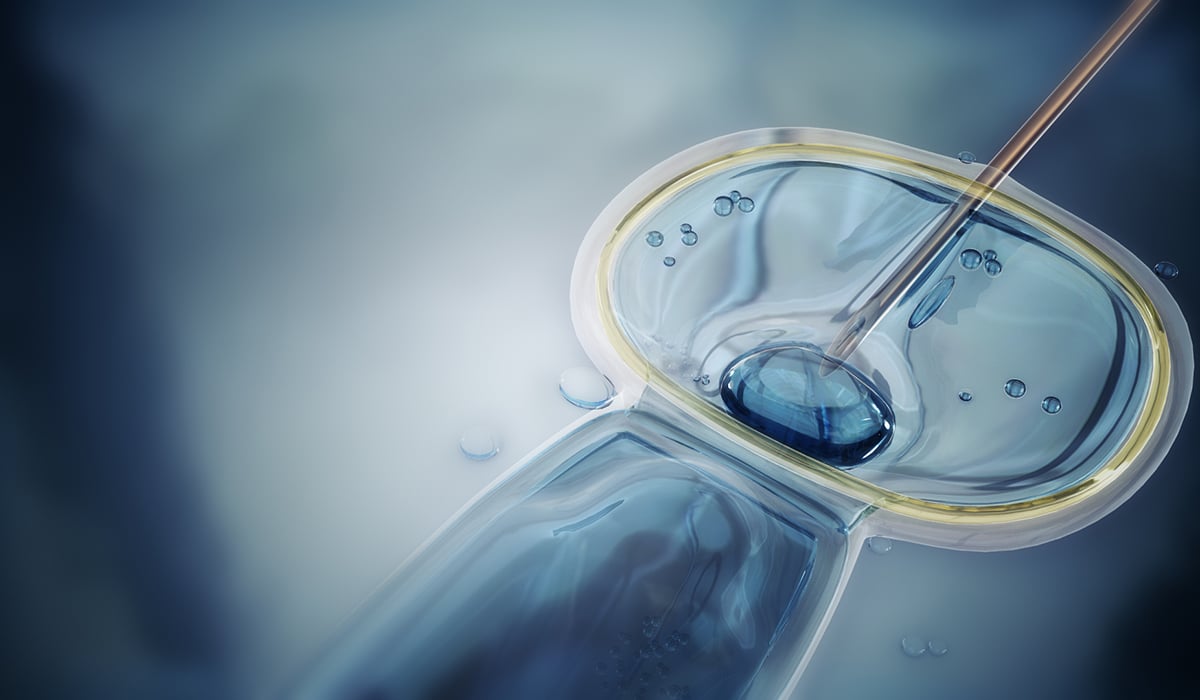Frequently Asked Questions | Intracytoplasmic Sperm Injection

What is ICSI?
ICSI, or Intra Cytoplasmic Sperm Injection, is an advanced IVF technique where a single sperm is injected directly into an egg to aid fertilization.
Who is a suitable candidate for ICSI?
ICSI is recommended for couples with male fertility issues, low sperm count, or poor sperm motility.
How is ICSI different from traditional IVF?
ICSI differs by the method of fertilization. It involves injecting a single sperm into an egg, while traditional IVF lets sperm fertilize the egg naturally in a dish.
Is ICSI a safe procedure?
ICSI is a safe and effective procedure when performed by experienced fertility specialists.
What is the success rate of ICSI?
Success rates vary but can be high, especially in cases of male factor infertility. Your doctor can provide personalized success estimates.
Are there risks associated with ICSI?
ICSI is generally low-risk. However, rare complications like damage to the egg can occur.
Does ICSI guarantee a healthy pregnancy?
While ICSI improves fertilization, it doesn’t guarantee a successful pregnancy. Other factors also play a role.

Consult a Fertility Expert at Samarth IVF
Right guidance and correct treatment matters! Get in touch with one of our IVF experts today.
How long does the ICSI procedure take?
ICSI is a brief procedure, usually taking just a few minutes per egg.
What is the cost of ICSI treatment?
The cost can vary but is generally an additional expense on top of the standard IVF cost. Discuss pricing with your clinic.
Can ICSI be used with frozen sperm or eggs?
Yes, ICSI can be used with both fresh and frozen sperm and eggs.
Are there any side effects of ICSI for women?
ICSI doesn’t typically cause severe side effects for women. Some may experience mild discomfort.
Is ICSI effective for severe male infertility cases?
Yes, ICSI is often the best choice for severe male infertility cases, as it overcomes many sperm-related issues.
Is ICSI the right choice for unexplained infertility?
ICSI is generally used when male fertility problems are identified. In cases of unexplained infertility, your doctor may suggest ICSI as an option.
Can ICSI be used to prevent genetic disorders?
Yes, ICSI can be combined with pre-implantation genetic testing (PGT) to screen for genetic disorders.
How soon can one expect results after ICSI?
Fertilization results are usually available within 24 hours after ICSI. Embryo transfer typically follows in a few days.
Important Links :
Head Office Address:
1, Srinagar Society, opposite Vnkatesh Mangal Karyalay, Kasliwal Nagar, Garkheda, Chhatrapati Sambhajinagar (Aurangabad), Chhatrapati Sambhaji Nagar, Maharashtra 431005
Treatments :
About Samarth IVF :
Follow us :
Contacting :
DISCLAIMER :
**This website is for providing general information only and should not be considered as medical advice or soliciting patients.
**An in-person consultation with the Doctor is adviced before practicing any remedies / recommendations mentioned on this website